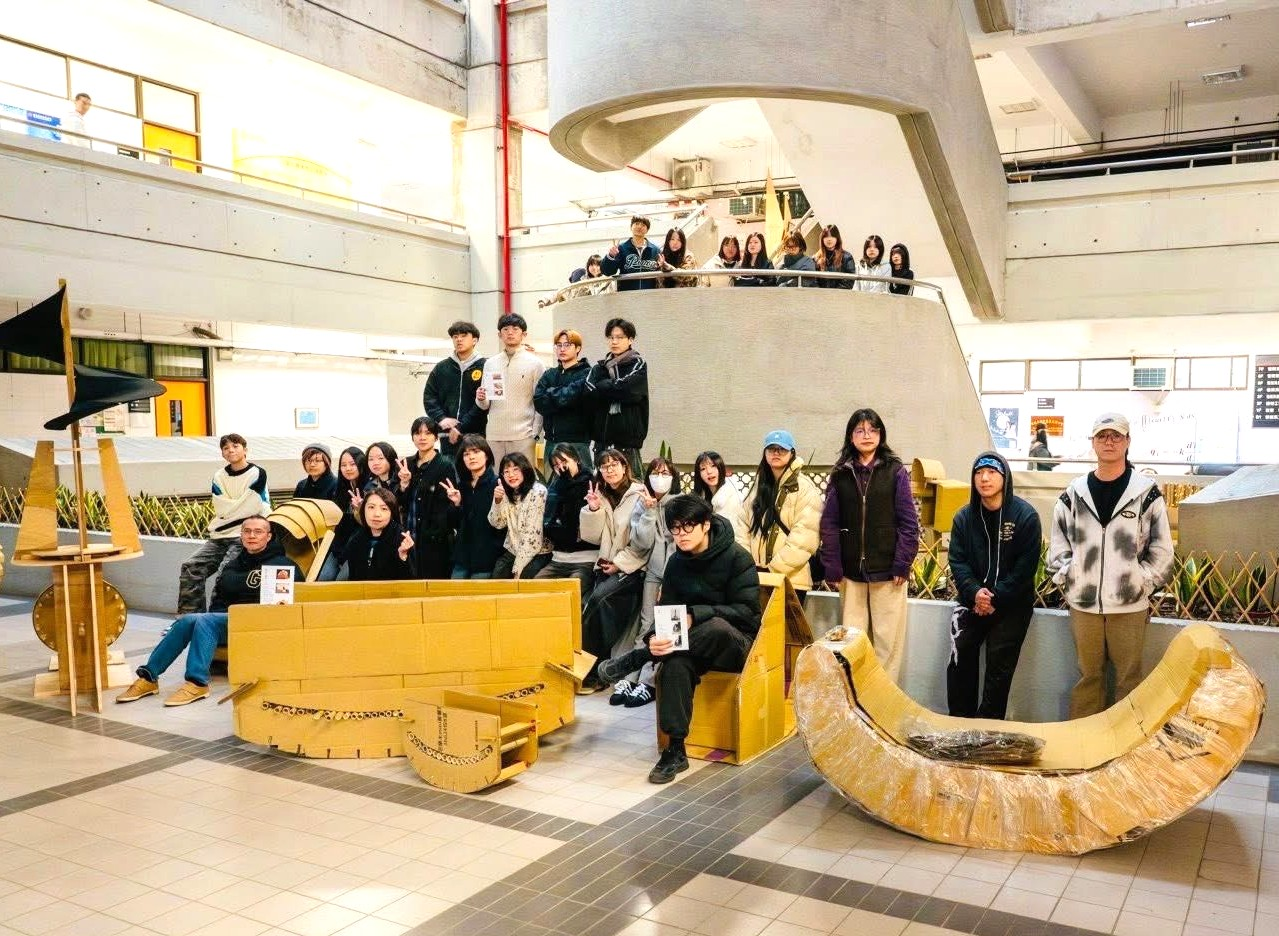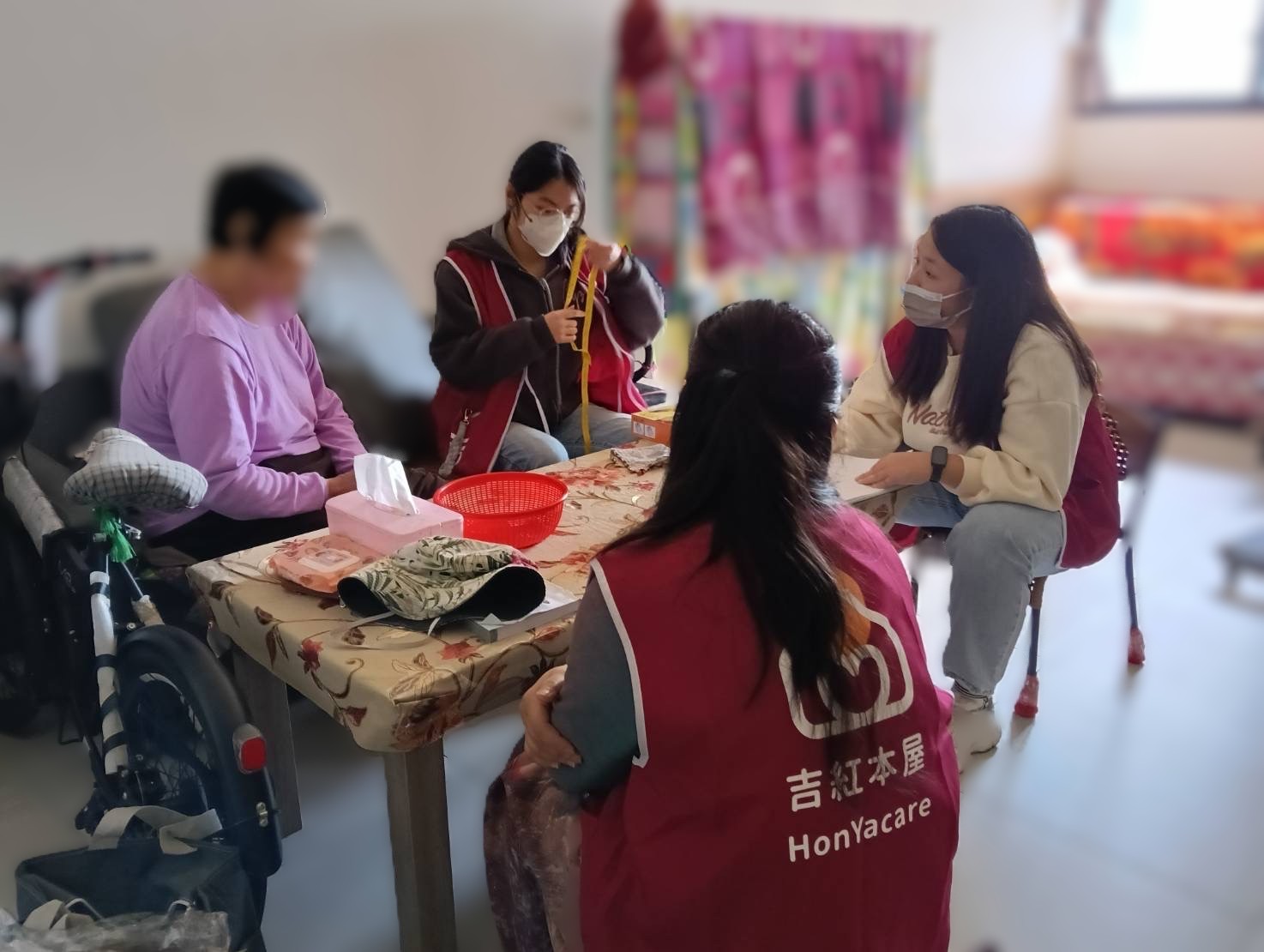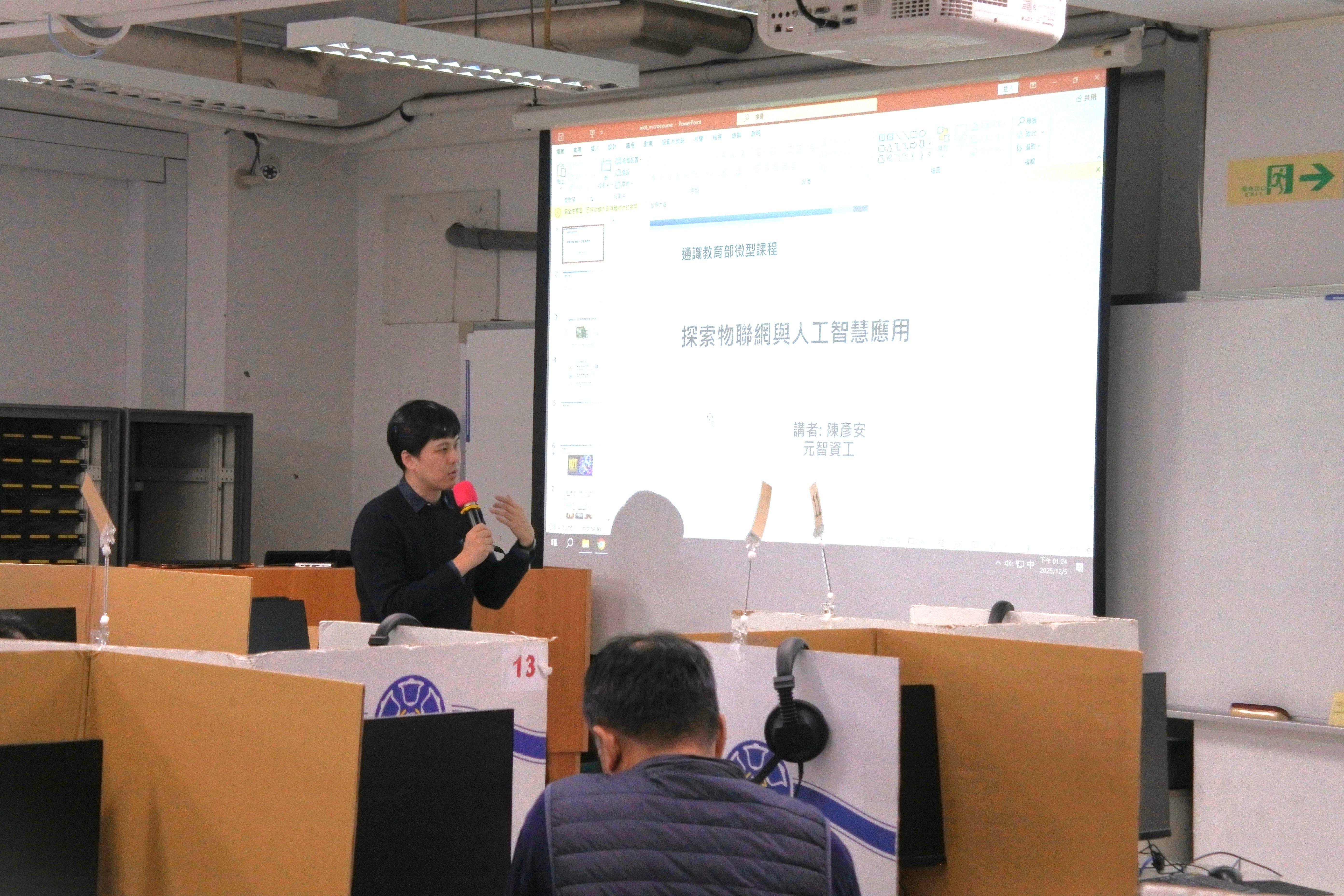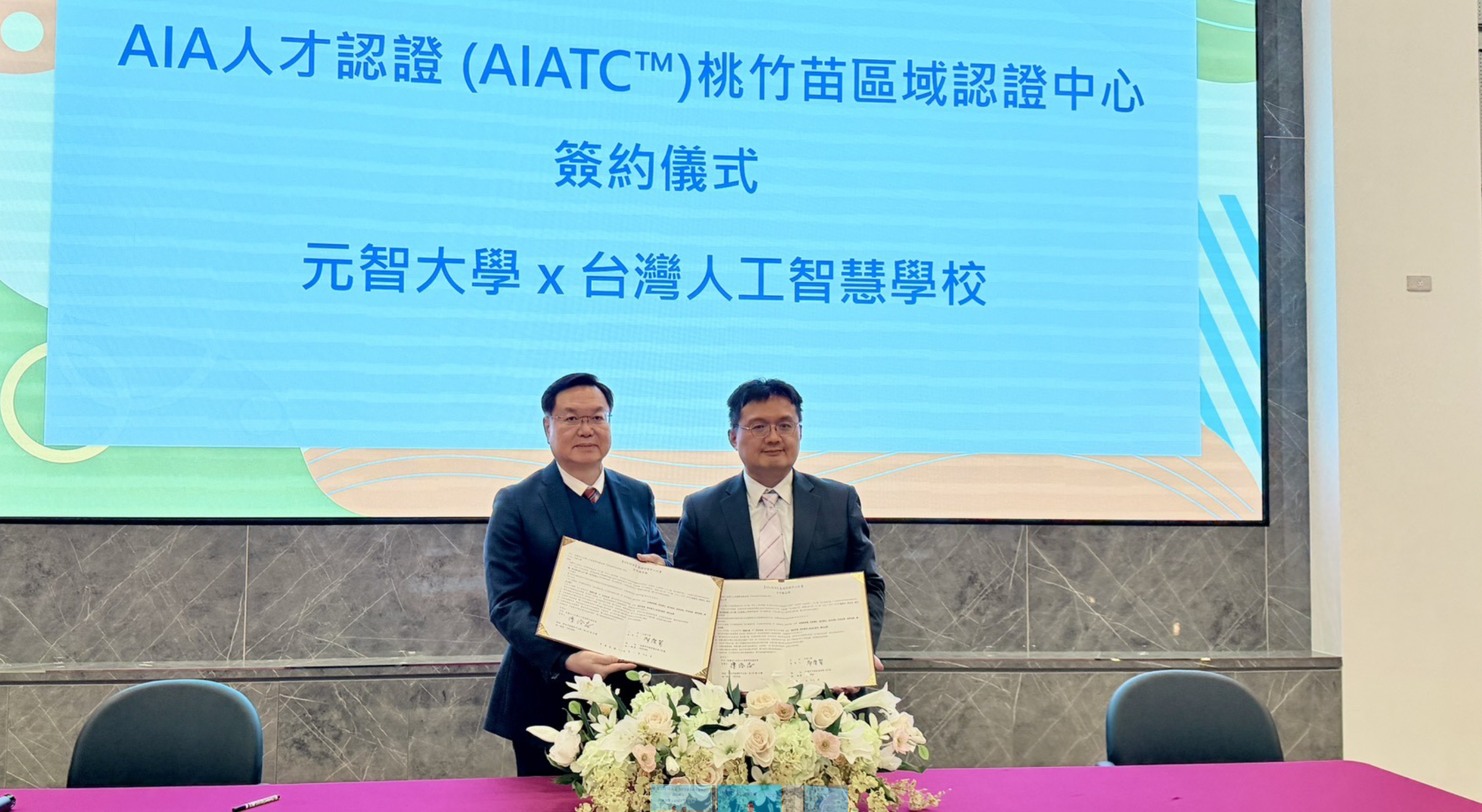The Department of Art and Design at Yuan Ze University held the final review and critique for its sophomore design studio course, presenting a collaborative project titled “Windcatcher: A Shelter/Furniture for the Invisible Flow.” A total of 34 students participated in the course.
Latest news
In response to the growing care needs of an aging society, the School of Nursing at Yuan Ze University recently partnered with Bade No. 1 Social Housing to promote a community care initiative. The program was led by Village Chief Yi-Cheng Lu, with the village office coordinating administrative support and supplies.
Yuan Ze University recently invited Malaysian alumnus Yun Xiao-Quan back to campus to share his nearly two decades of experience in Taiwan, including studying, working, and starting a business. Drawing on his personal journey—from medical student and surgeon to business and management professional—Yun engaged with junior students on how to build capabilities, adapt to a foreign environment, and establish a long-term, stable life and career.
Yuan Ze University’s College of General Studies recently invited Assistant Professor Yen-An Chen from the Department of Computer Science and Engineering to offer the course “Exploring Applications of the Internet of Things and Artificial Intelligence.”
As generative AI rapidly reshaped the workplace, “basic AI judgment literacy” had become an indispensable core competency across all industries. On January 13, 2026, during a university-wide leadership consensus camp, Yuan Ze University officially signed a Memorandum of Understanding with the Taiwan AI Academy (AIA), announcing the joint establishment of the “AIA Talent Certification (AIATC™) Taoyuan–Hsinchu–Miaoli Regional Certification Center.”
 English
English  正體中文
正體中文 




